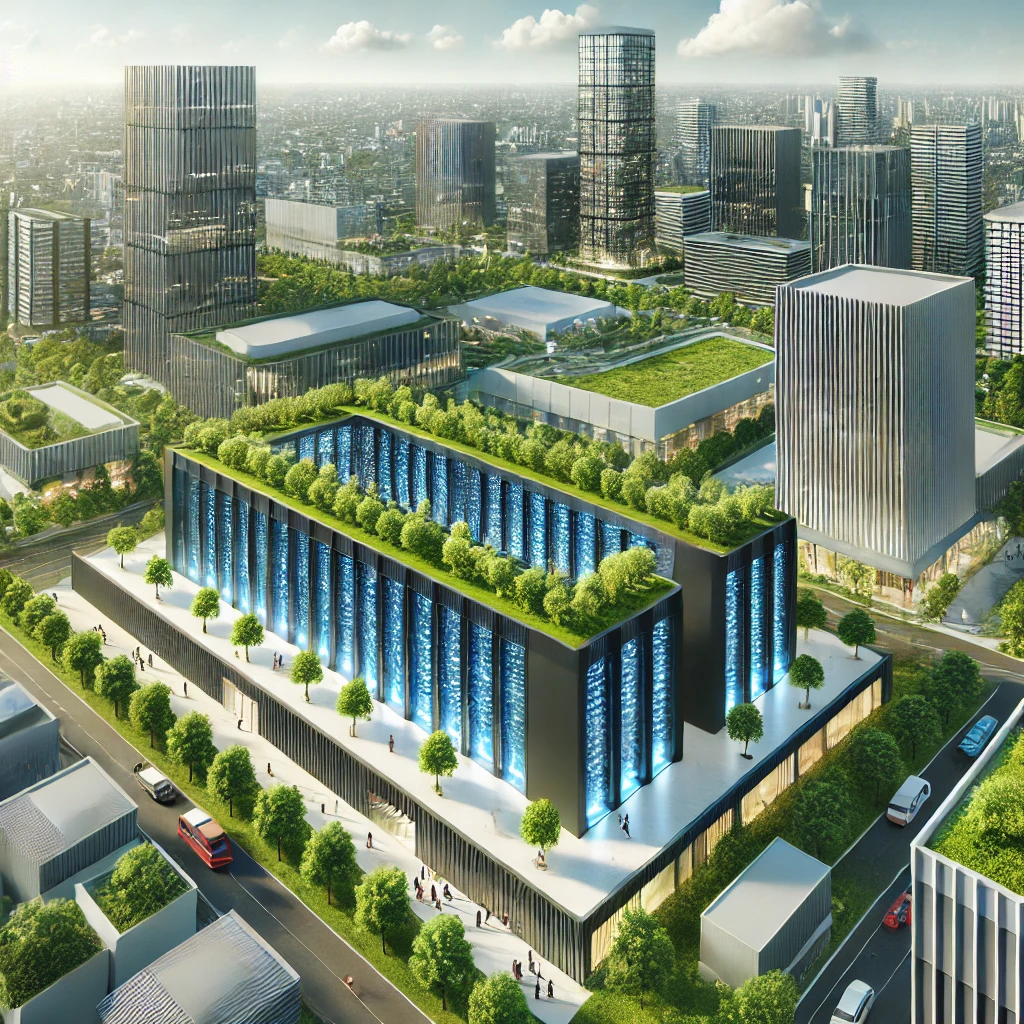
As data centers gain visibility, facility operators must fully engage with local communities and make their roles clear. Undergoing rapid growth since 2020, this sector uses local resources, like water and electricity, making it vital for stakeholders to engage in and increase initiatives that benefit everyone.
Article by Jérôme Totel, Strategy and Innovation Director at Data4
It’s a fact: Data centers boost the local economy by creating stable jobs and injecting revenue through local taxes and employee’s day-to-day spending at nearby businesses. In 2023, France’s data center sector generated €3.4 billion of value added and provided stability with permanent work contracts for 94% of employees.
The impact on communities can also be seen in the reliance on local, well-established suppliers that are known for their expertise. To foster this approach, Data4 strives to regularly meet with local start-ups so they can work with us. This serves as an excellent opportunity for Data4 to accelerate access to innovations.
Community engagement also includes an increasing number of environmental and educational initiatives. Where projects to reuse the heat generated by data centers involve tackling complex challenges, such as transporting this heat over long distances to heat homes, other avenues will have to be explored. This fact is the basis of our current project with Paris-Saclay University to develop biocircular data centers capable of using captured CO2 to grow seaweed for recycling as biomass. Such resources could be used locally to develop new circular energy sources and produce bioproducts for the pharmacology and agri-food sectors, for instance.
Events and education
Being aware that some communication effort is still needed for the public to better understand our sector, some operators, including Data4, are actively involved in the local community, organizing events like music festivals and outdoor movie screenings.
We believe that engagement in these communities should first and foremost involve education. This being the case, Data4 has formed a number of partnerships with elementary and secondary schools with the aim of training 100 students a year on each of our European campuses. During these half-day sessions, we explain what data centers are, the purpose they serve, and how they make many different types of activities possible, from cloud computing to social networking to entertainment.
Having young people on our campuses has the dual benefit of helping them understand what this digital infrastructure does from a young age and also attracting future talent. According to a global survey conducted in 2022 by Uptime Institute, more than half of data centers report difficulty finding qualified candidates.
I believe that training young talent and providing education on the digital sector’s environmental footprint can help us change perceptions, eliminate preconceptions, and attract talent to our industry.
To be viewed as pillars among communities, data center operators have to adopt a more human-centered approach combining environmental innovation and local engagement.

